Russia’s embassy battle with Anthony Albanese over a plot of Canberra land is theatre of the absurd

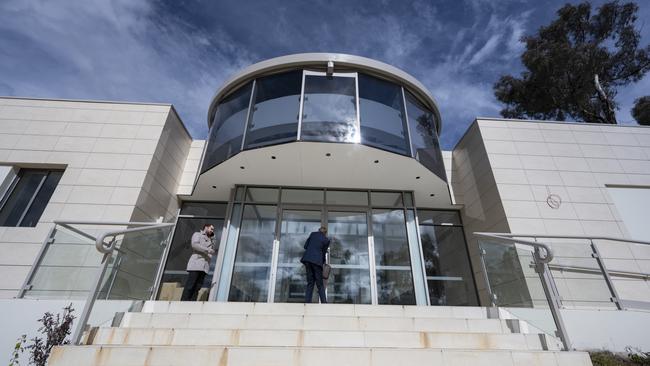
This makes the actions of Russian diplomats, keeping one of their number apparently “squatting” on land that was once to house a Russian embassy, more likely to be theatre than substance.
Every nation in the world controls its own sovereign territory. Most especially does it control territory on sensitive national security sites in the national capital.
The only real exception to this is in recognised diplomatic premises, where foreign diplomatic missions enjoy certain privileges under the Vienna Convention.
The Russian embassy, located in the Canberra suburb of Griffith, is the site of such privileges – not the disputed bit of land near to Canberra’s Chinese embassy.
The Australian government recently, and at lightning speed, passed a law that ensures there will never be an embassy on the land that the Russians want to occupy.
Of course, when any lease is varied by a government, there should be, must be, proper compensation for costs incurred by the other party.
It is believed the Russians may be planning some kind of legal challenge to the Albanese government’s law.
Even in the incredibly unlikely event that that litigation had some success, it might result in compensation.
It certainly won’t result in the Russian embassy being able to occupy sensitive land in a sensitive site in opposition to the wishes of the Australian government.
Consider the spectacular oddness of this situation.
Can anyone imagine a Russian court entertaining even for a second a legal action taken by the Australian government against the Russian government in a land dispute in Moscow?
It is the beauty of our system that our courts will administer the law fairly and impartially between all litigants.
Nonetheless, a determined Australian government will certainly be able to control Australian land – even against the wishes of a foreign power that once had a lease.
It’s more likely that the purpose of all this is theatre, with the intended audience in Moscow, not Australia.
In all dictatorships, the most important task for foreign embassies is to signal to the dictator and his circle that it is pursuing his wishes, prosecuting his causes and displaying energy and even aggression against those designated as enemies.
Having said that, the Russians, who run one of the biggest intelligence operations in the world, are extremely sensitive about the lands they control in foreign capitals.
They were furious recently with the government of the Czech Republic in Prague, which revoked a whole series of preferential land deals dating from the Cold War that the Russians had, ostensibly for diplomatic purposes, in Prague.
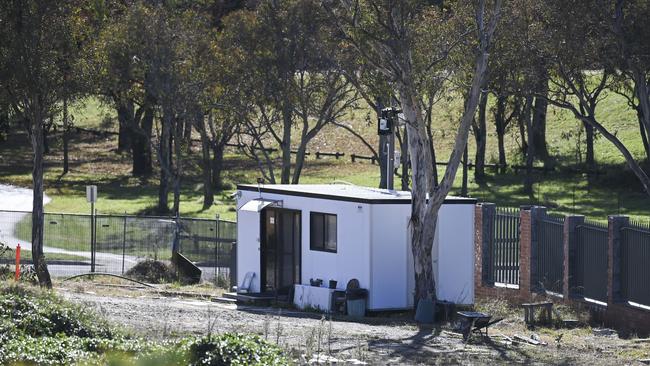
The Czechs also moved to a pragmatic and intelligent rule of diplomatic numbers regarding the Russians.
They decided to enforce strict reciprocity in numbers. The Russians are allowed to have exactly the same number of diplomats in Prague as the Czech Republic has in Moscow.
At the moment there are many more Russian diplomats in Australia than there are Australian diplomats in Russia. There is no good reason for this. It serves no Australian interest.
Canberra should follow Prague’s lead and cut the number of Russian diplomats in Australia so that it equals the number of Australian diplomats in Russia.
If Moscow doesn’t like that, and suspends diplomatic relations, as it did in the mid-1950s in the wake of the defection of the Russian diplomat and spy Vladimir Petrov in 1954, well, that’s a loss we could surely bear with equanimity.
But whatever happens next, there is likely to be more than a little theatre about it, even if it approaches theatre of the absurd.

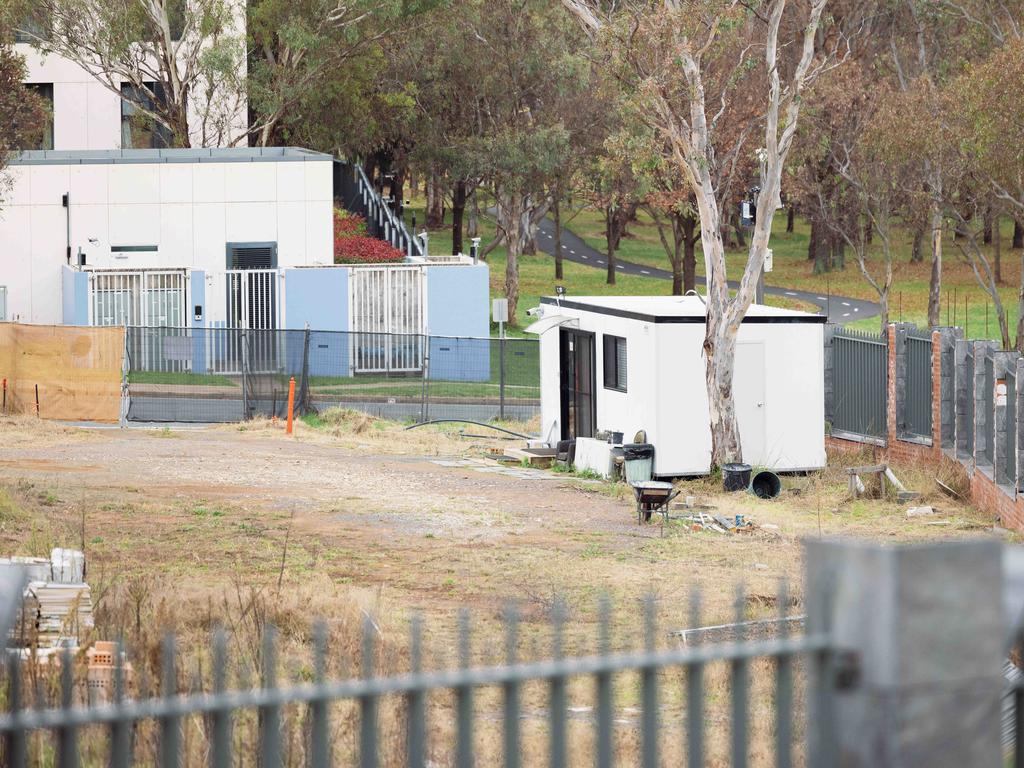

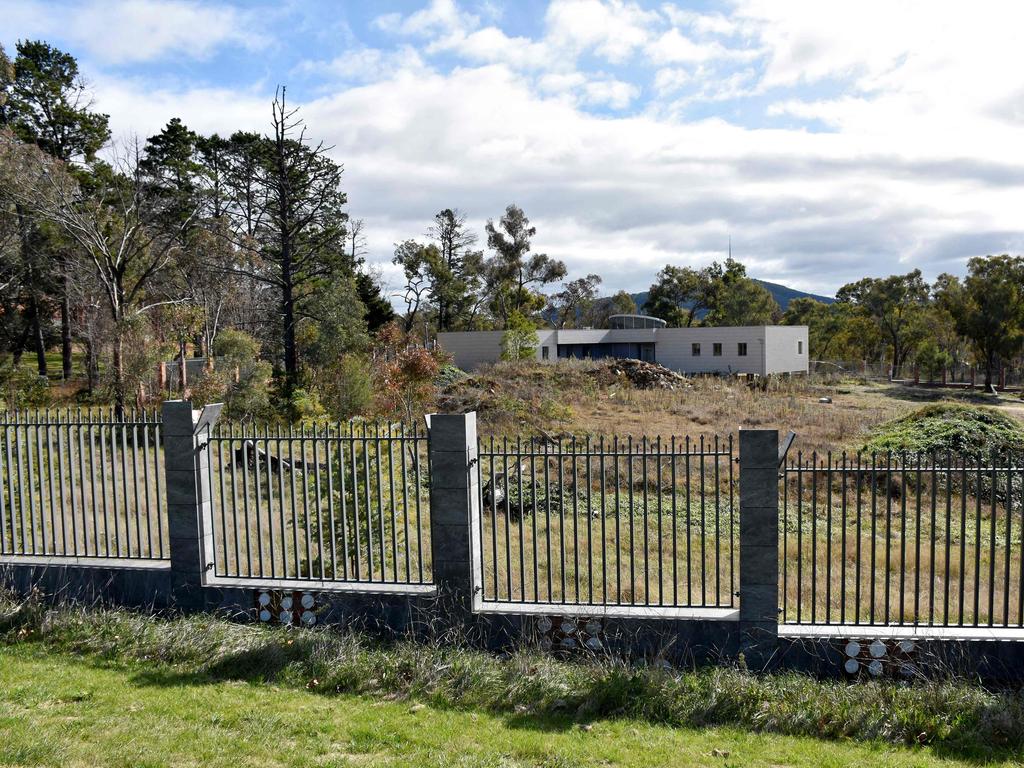
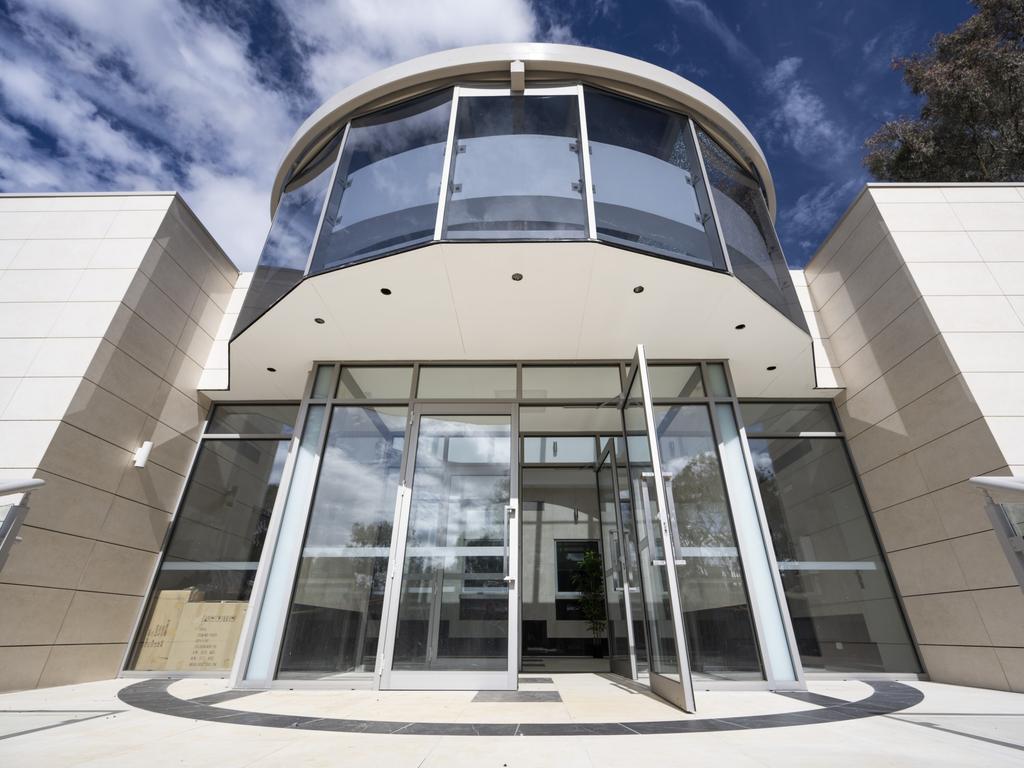


The idea that the government of the Russian Federation could prevail in a battle of wills with the Australian government over the disposition of a piece of land a stone’s throw from the federal parliament in Canberra is, of course, absurd.